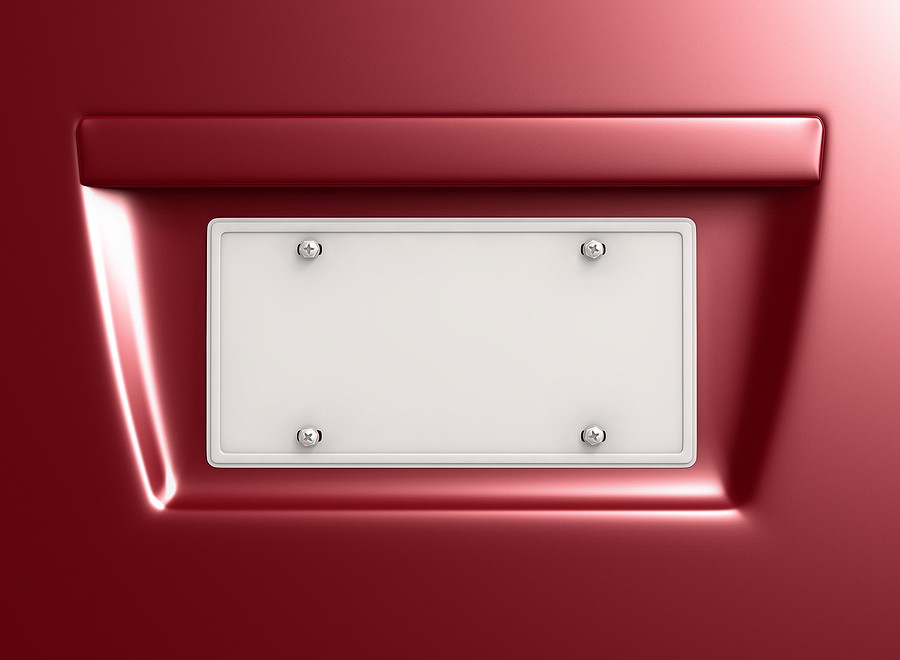We finally made it! After all the hard work of looking for the right buyer, we got a great deal and sold our old car! Did it end here? Is there anything else I must do after signing the bill of sale? What do I do with my license plates after I sold my car?
It's great news you sold the car, but it's probably too early to celebrate. When it comes to the license plates, you must be very mindful about handling them while understanding all legal responsibilities associated with them.
What are your legal requirements?
To make it simple, your license plates are special tags connecting a driver to a certain vehicle. By putting it this way, you understand that there will always be legal responsibilities related to your license plates.
You must protect yourself after you're selling your car and ensuring that the car is not misidentified that it still belongs to you. This is very important, especially if the car gets some tickets or moving violations.
Here is all that you need to do when it comes to legal responsibilities after selling your car:
- You must sign over your vehicle's title and confirm the ownership transfer to the new buyer. To do so, you need to follow your state's regulations and use the required formal document for ownership transfer.
- Once you signed the title, you need to surrender your license to a local Department of motor vehicles or DMV office.
- If you are relocating to a different state or do not have insurance, you will also have to deal with this step and transfer the ownership to the local DMV office.
How about personalized plates?
Before we talk about a personalized plate's legal requirements, we need to highlight what do those plates look like and what do they mean in the first place.
Personalized plates are a special type of plates where the owner must pay extra fees to customize their plates by adding their name and the specific choice of letters and numbers. In some countries, the personalized place might come in different colors to match the driver's style.
The good thing about personalized plates is that most new buyers will not be interested in them and will never need to use them unless they share your same name! Even though you will still have legal requirements associated with your personalized place.
Like the regular selling process with normal plates, you need to visit your local DMV office and surrender your personalized plate number once you sign off your vehicle's title and transfer ownership.
Some states might have a different procedure or policy related to retaining these places when it comes to personalized plates. Thus, it's recommended that you dig deeper and find all the details about your specific state requirements.
When do I need to keep my license plates with the car?
Did you know that in some states, you must keep the license plates with the car? Some of these states are California, Delaware, Hawaii, Minnesota, and Oklahoma.
Delaware is probably the most complicated state when it comes to car plates and ownership transfer. In some scenarios, the state might allow you to transfer the plate if you pay a certain fee.
Also, Delaware allows you to swap place numbers using specific DMV paperwork.
More Interestingly, Minnesota requires that paid registration taxes be transferred to the new owner and the car plates.
I sold my car with the License plates on; what should I do?
Well, if you sold your car and forgot to remove the license plates, the course of action depends on the state you're living in.
First of all, if you're living in a state requiring you to hand the license plates with the vehicle, you're in good situation and don't have to worry a lot.
However, if you're living in a state where you must go to the local DMV office in hand the plates, the situation can be different.
If the latter is your case, you could go to the DMV office and mention that you sold the vehicle and did not remove the plates. This way, you view yourself from any responsibility afterward.
The other thing you could do is to contact the buyer and ask him to meet with you at the DMV office before you give him the title and keys.
In some states, you have up to five days to report your sale, whether you're deciding to go online or in person. If you did not report the sale within this time frame, you might be liable for anything wrong with the car.
How long do I have to surrender my license plates to my local DMV office?
They give you between 30 and 60 days until you transfer the plates into a new vehicle in most states. If you were not able to transfer the plates within this time frame, you must surrender them.
Conclusion
The car selling process is a little more complicated than selling any other item. There are a lot of legal requirements associated with ownership transfer and some important paperwork.
One of the most important things you must do after you sell your vehicle is to consider how you will handle the license plates.
In some states, it's required by law that you keep the license plates on the vehicle, while others require that you take them and surrender them to your local DMV office.
You must check with your state's requirements and make sure you understand the timeframe required from the date of sale till the time you're supposed to handle the license plate to the DMV office. Otherwise, you might get yourself in a lot of trouble related to liability issues, especially if something wrong happened with their vehicle.
In short, your license plate is a tag connecting you to your old vehicle, and without handling this tag properly, you can be in a lot of legal and liable situations.



